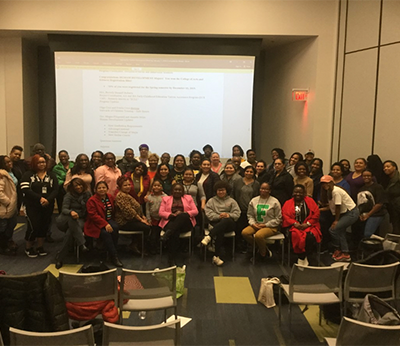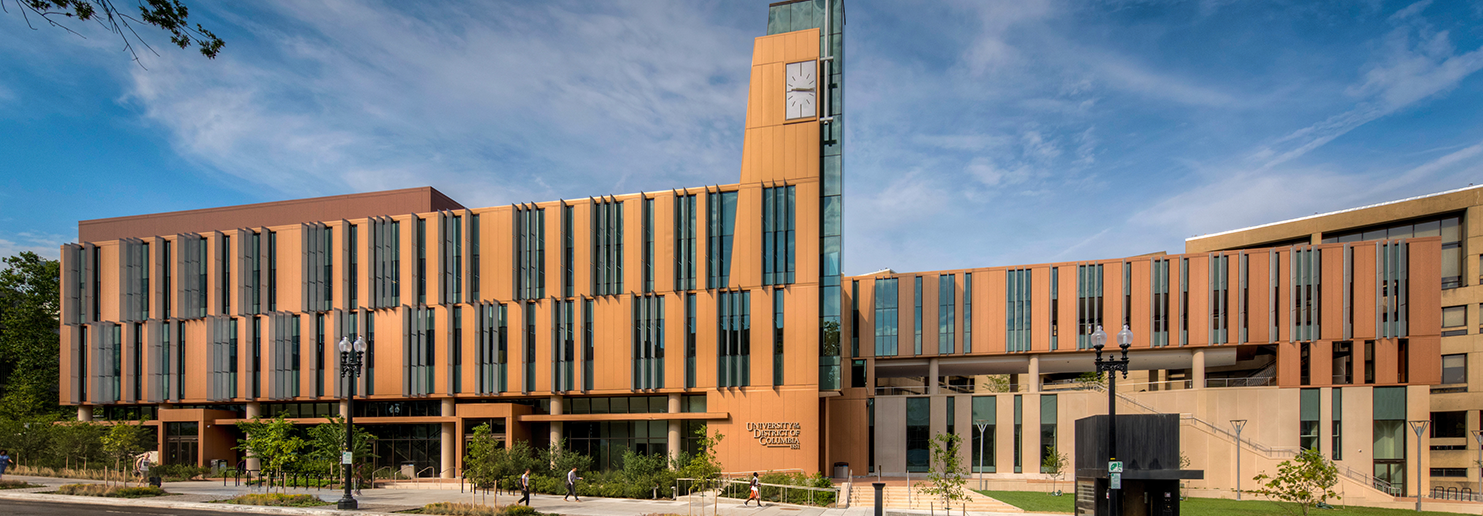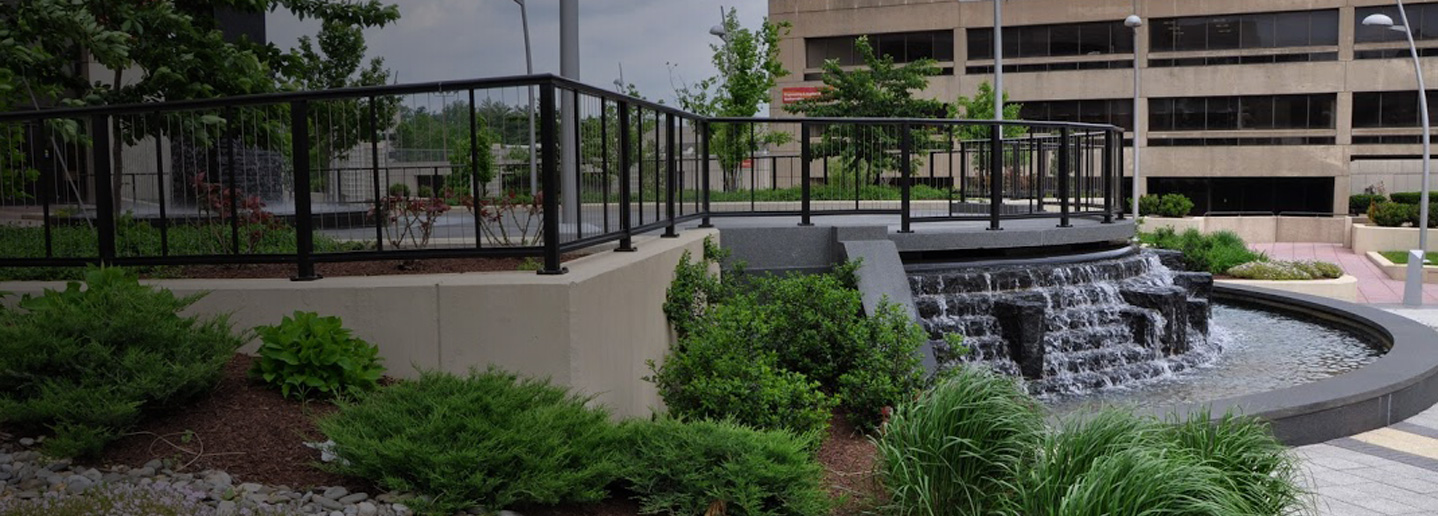Human Development: Bachelor of Arts Degree
The Human Development program prepares students to become reflective practitioners who are skilled in the care, education, and service of children and their families from culturally and linguistically diverse backgrounds. Students will gain in-depth insight and understanding on how humans grow, develop, and learn in a variety of settings. This will enable graduates to successfully guide children and their families toward experiences and interactions that produce long-term, positive benefits in the areas of social and emotional development, academic achievement, and school readiness. The Human Development program focuses on the comprehensive care and education of children from birth to 5 years, and professional interaction with their families. Students will learn how human beings grow, develop, and learn across a range of learning environments. The program places specific emphasis on responsiveness to the development and cultural uniqueness of each child as students learn to design, implement, and evaluate curricular activities and learning environments.
Human Development: Vision, Mission, Goals & Student Learning Objectives
VISION
To prepare students to become nationally recognized leaders in urban early childhood care and human development across the lifespan.
MISSION
The mission of the program is to produce graduates who connect families with practice and provide high quality education for all young children by practicing from a framework of inclusion and cultural and linguistic diversity.
GOALS
- Prepare students to be reflective practitioners and skilled in the care, education, and service of developing children and their families from culturally and linguistically diverse backgrounds.
- Provide learning experiences through which students develop proficiency in analytical, writing, research, and technology skills.
- Provide experiential opportunities designed to model professional and career pathways as well as prepare students for emerging job market demands.
- Increase the number of graduates assuming professional roles in the fields of early childhood care and human development across the lifespan.
- Prepare students for post-baccalaureate study in graduate studies, professional schools, and entry into the public and private sectors.
Student Learning Objectives
Upon completion of requirements in the Human Development program, students will be able to:
- Analyze relevant concepts, institutional structures, theories, and methods in the discipline of Human Development.
- Analyze multidisciplinary approaches to education and care experiences for children and families in a variety of settings.
- Analyze strategies in the areas of social/economic development, academic achievement, and school readiness that are designed to improve the experiences of children and their families.
- Demonstrate discipline related writing, analytical, communication, and technological proficiency.
- Demonstrate skill sets associated with the professional practice of early child care and career pathways in Human Development.
Related:
Curriculum and Requirements
Program of Study
The Bachelor of Arts in Human Development offers two concentrations: Infant/Toddler and Preschool. Students must complete 120 credit hours, including 42 credits in core courses and 24 credits in one of the concentrations. The core curriculum and plan of study are comprised of courses in psychology, education, nutrition, and speech language. Students also complete a capstone field experience/practicum that consists of teaching full-time, depending on their option, in either an infant/toddler or preschool setting.
The preschool concentration fulfills the requirements of the Pre-K Enhancement and Expansion Amendment Act of 2008, which requires all teachers of three- and four-year-olds in a community-based and Head Start programs to obtain a bachelor’s degree in early childhood education or a related field.
Student Organizations and Activities
- Early Childhood Education Club
- Kappa Delta Pi International Honor Society in Education
- Student National Education Association (SNEA)
Faculty Spotlight
Dr. Annette Miles, Assistant Professor of Human Development, specializes in the growth and development of children from infancy to third grade. She is a retired educator who has experience working with students in the metropolitan area, especially those with disabilities. She volunteers with teens and adults with Autism Spectrum Disorders. Her area of research focuses on public policy issues impacting children.
Dr. Megan Fitzgerald, Assistant Professor of Human Development, has extensive professional and research experiences working with ethnically and culturally diverse vulnerable children and families. In the private sector, she has conducted research focusing on federal child welfare initiatives, with specific emphasis on collaborative development of program fidelity measures, implementation, and formative and summative evaluation. Dr. Fitzgerald’s children and family-intensive research background coupled with her practical collaborative research experience give her a welcome perspective on the significance of young-adult development, mental health and education in families.





